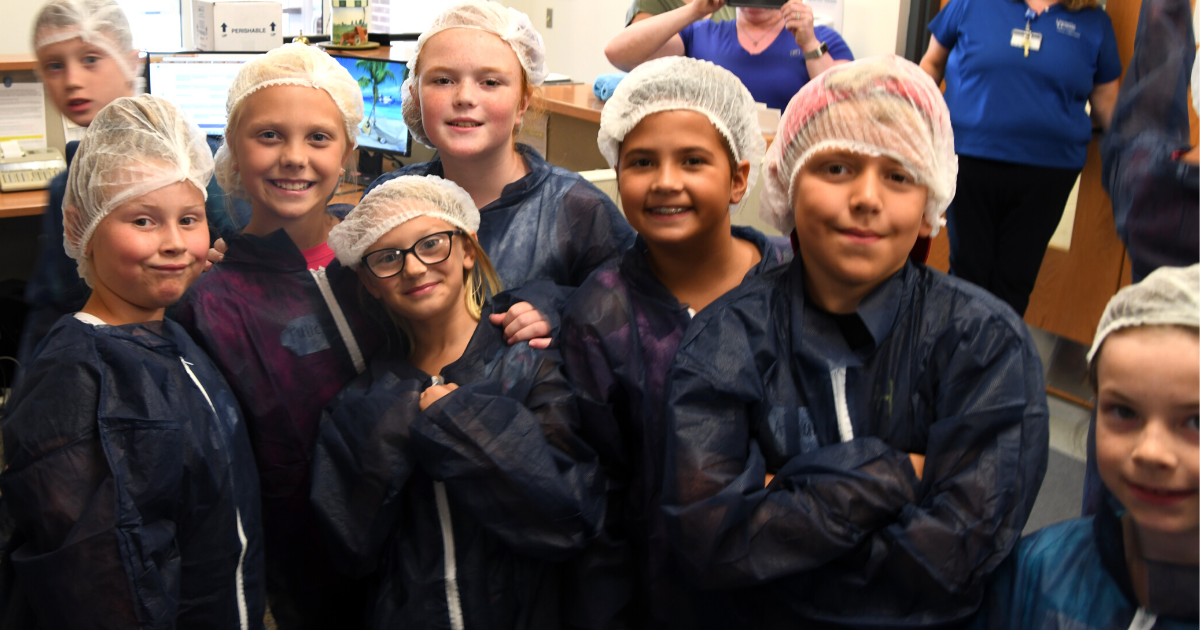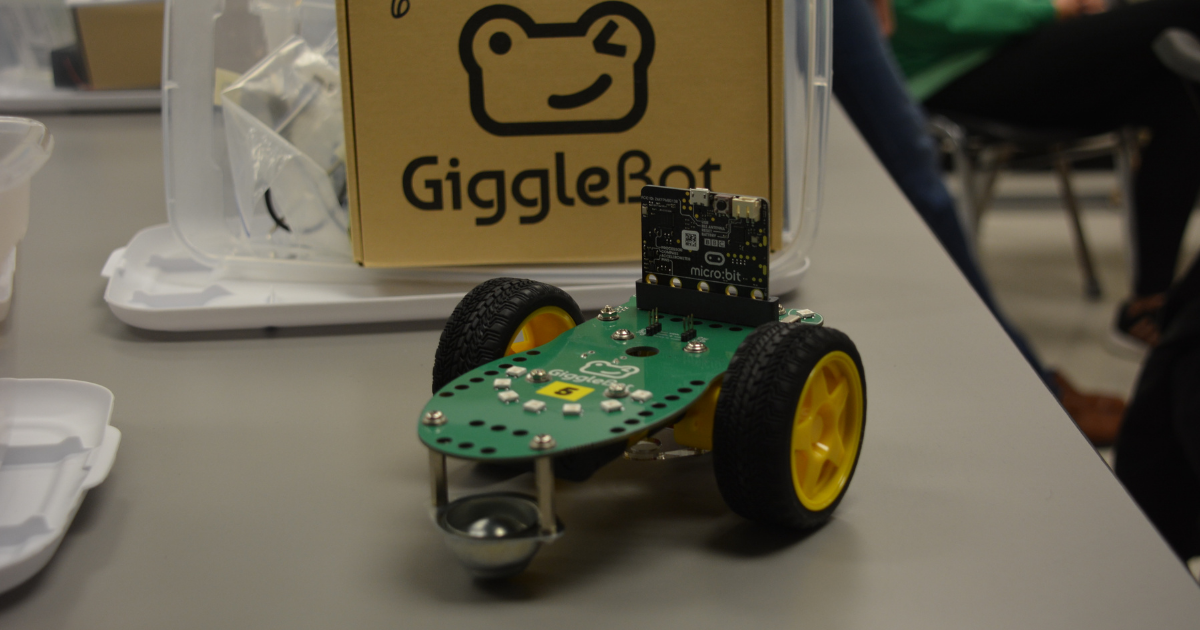
Category: Cooperative Extension

Improving STEM Skills through 4-H
October 02, 2020 Written by Kristin Cook, Delaware 4-H Extension Educator, University of Delaware
Delaware 4-H, the youth education arm of the University of Delaware Cooperative Extension service, has a variety of STEM (Science, Technology, Engineering and Mathematics) activities, projects and kits available for Delaware’s youth.
Why is STEM important and how can your child access these resources?
STEM education is not just coding and research. It is the basis of food production, health care, architecture and manufacturing. STEM education is teaching that connects a variety of subjects through hands-on and real-world learning experiences. Your local 4-H club is the perfect place to practice these skills; the 4-H slogan is “Learning by Doing” after all.
Science: Do you love it, hate it, or never really think about it? In one form or another, science is all around us and continuously changes and improves the way we live our lives. It helps us understand and solve the big questions that our world faces. It is a way of thinking, asking questions, observing and exploring our environment. It seeks evidence and looks for answers. These concepts are invaluable in almost every job in the workforce.
To succeed in this new information-based and highly technological society, students need to develop their capabilities in STEM to levels much beyond what was considered acceptable in the past.
Working with and exploring STEM activities gives youth problem-solving skills and resiliency while feeling part of something bigger than themselves by:
- Encouraging teamwork — Youth of all ability levels can work together recording data, finding solutions, writing reports and giving presentations. Youth develop the ability to collaborate and work in a team environment
- Applying knowledge — Youth are taught skills they can use in real-world situations, motivating them to learn skills they can use immediately.
Using technology — Engaging in STEM activities teaches the power of technology and innovation.
- This gives them the confidence to embrace new technologies.
- Solving problems teaches critical thinking and problem-solving skills. By engaging in STEM learning experiences, youth learn how to examine problems and create a plan to solve them.
- Encouraging adaptation: STEM education teaches youth to adapt the concepts they learn to various problems or issues.
- Encouraging experimentation: Without experimentation and risk-taking, many of our current advances would not have been possible. Despite others who might have tried to discourage them, individuals created these advances.
- Building resilience: Learning in a safe environment that allows youth to fail and learn from those failures to try again
Out-of-school time programs can help youth understand that STEM is not just a class to finish. Activities that show real-life implications — building bridges with spaghetti and marshmallows or explaining how materials fracture using chocolate — pull together ideas taught in school and demonstrate how those ideas benefit our society and the world. Youth can see that what they are learning in school relates to their future, thus creating more interest in their school subjects.

Delaware 4-H offers STEM programs through local 4-H Clubs and county programs. Robotics, computer science, geocaching, engineering, plant and soil science, kitchen chemistry and food science, animal science and this year’s 4-H STEM Challenge, “Mars Base Camp”, are just a few examples. Many science topics include inquiry-based learning, which helps build student proficiency in science.
Not everyone can or will become a STEM professional, but 4-H STEM experiences assist all youth in becoming critical thinkers, creative problem-solvers and intelligent decision-makers.
